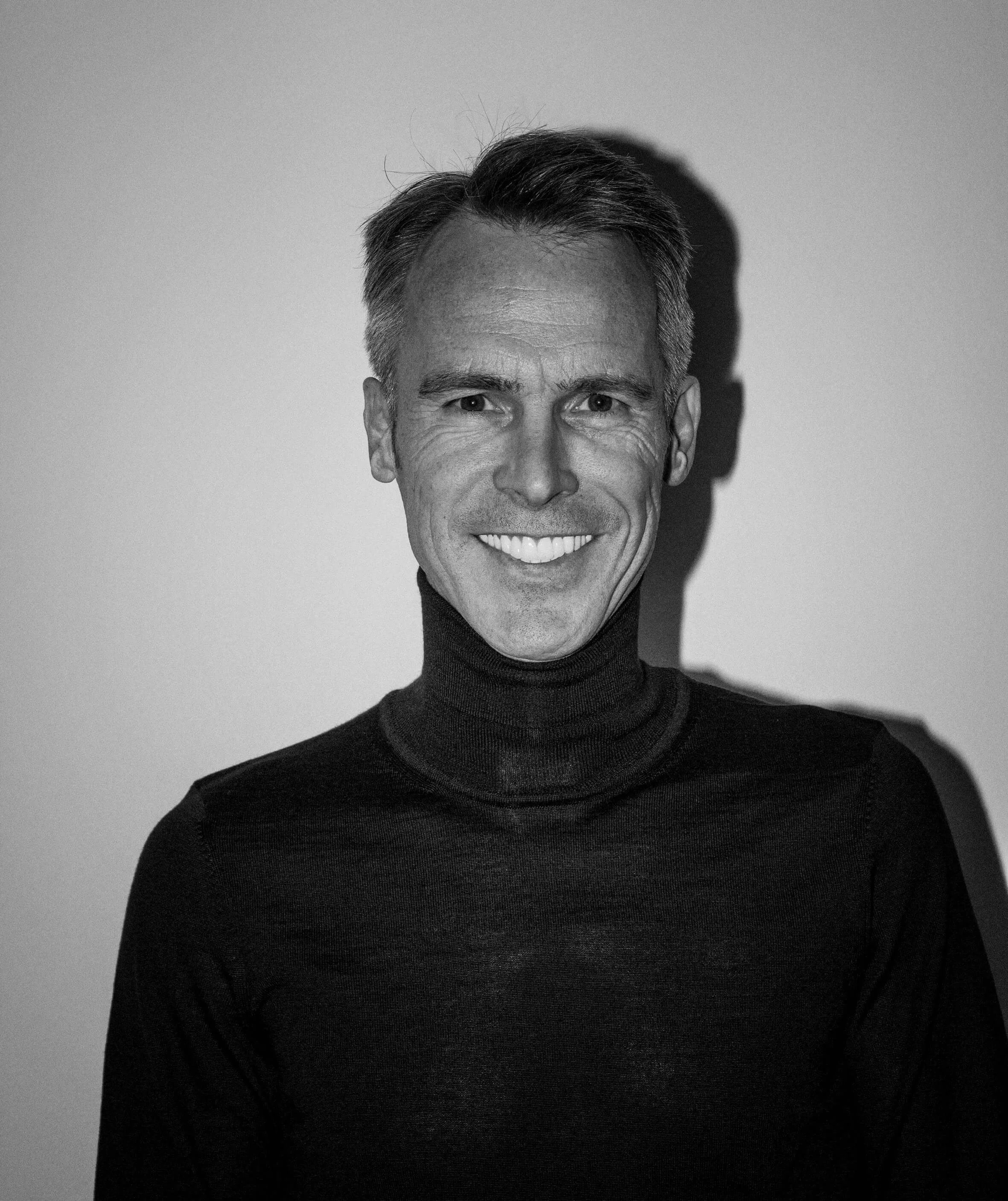PERSON | PATH | POSITIONS
I grew up in Fryslân (the Netherlands), got degrees in urban planning as well as economics from Groningen University — both summa cum laude — and a Ph.D. from Tilburg University, then moved to McKinsey & Co.
In the mid-1990s, I was honored to be appointed as the ABN AMRO Chair Professor of International Business at Nyenrode University — both ‘bijzonder hoogleraar’ and university professor — and as Chair Professor of Strategy — ‘buitengewoon hoogleraar’ — at the VU Amsterdam, the highest academic honor a Dutch university can bestow on its faculty. Being in my twenties, I was the youngest Chair Professor in Business Administration ever in the Netherlands and — at the same time — the first to hold two chairs in two different academic disciplines at two separate universities. As of the late 1990s (and up to today), I have been a visiting professor at various universities and business schools.
In the late 1990s, while still a professor, I took on the role of managing director at KPN Finance, the finance company of the largest telecom provider in the Netherlands. In the early 2000s, I ventured into fundamental research, working through my own research firm, and entered the financial services industry with a hedge fund. These two synergistic activities are closely intertwined — up to the present. This website only serves as a dedicated space to showcase the fruits of some — not all — research activities. Pioneering, original research is the Holy Grail of excellence in decision-making. Excellence is ‘there’, you only need to discover it.
Since the late 1990s, I have served on the supervisory boards of many companies. To provide a glimpse of the diversity, I have held positions with Ricoh Netherlands (the Dutch subsidiary of Ricoh Ltd.), NRC Media Group (a leading Dutch media firm and part of Mediahuis), Egeria Investments (a private equity firm, where I served as vice-chair), Deerns (an engineering firm), MCi (the world's leading automotive actuator manufacturer), and Rijk Zwaan (the world’s fourth-largest vegetable breeding company, vice-chair).
PUBLICATIONS | PRO-BONO WORK
Since the 1990s, I have written several bestsellers, including De Fokker/DASA Deal (1992, ISBN 978-198-572-4938) and KLM — Waarheen Vliegt Gij? (2001, ISBN 978-198-575-8704), which accurately predicted Fokker’s collapse and KLM’s 'going down’ scenario due to the rapid rise of low-cost carriers like Ryanair and EasyJet (this ultimately led to the Air France/KLM merger on May 5, 2004). In addition, I have authored over 500 articles published in scientific and management journals, as well as numerous op-eds in Het Financieele Dagblad, the Dutch equivalent of the Financial Times and Wall Street Journal.
I’ve served as a pro-bono advisor to various governments and world leaders and had the privilege of sitting on several prominent juries throughout my career. These include the Dutch Export Award jury, where we annually selected the top Dutch multinational; the Young Captain Award, dedicated to recognizing Holland's top managerial talent; and, as chair, the Tros Aktua Export jury, which showcased Holland’s leading international businesses on Dutch TV during the 1980s and 1990s. Furthermore, I've contributed to several iconic advertising campaigns. For example, I wrote ING Bank’s ad Succes in het buitenland begint in het binnenland. There is one form of communication that is always understood — the smile.
PRINCIPLES
I stick to specific principles. Independence, for instance, is high on my totem pole. It gives me a license to tell the truth — as a hedge fund manager, C-suite executive, and researcher. Thoroughness is another guiding principle — I 'am’ R&D. That said, I’m no preacher; I’m a practitioner because there is simply no substitute for seeing things firsthand. And I am ‘foresight-driven’ — history fools many. If you don’t take the future by the hand, it will take you by the throat. Hence, high-quality data, insights, and metrics are paramount. If strategy is the map for building an icon, these elements are its concrete, water, and bricks.
Imagination, inventiveness, and innovation are important principles as well. In an increasingly nonlinear world, only nonlinear decisions can create new value. In this anything-but-typical era, be cautious of typical answers when making decisions. Things change, so change things — but based on the right data and insights.

